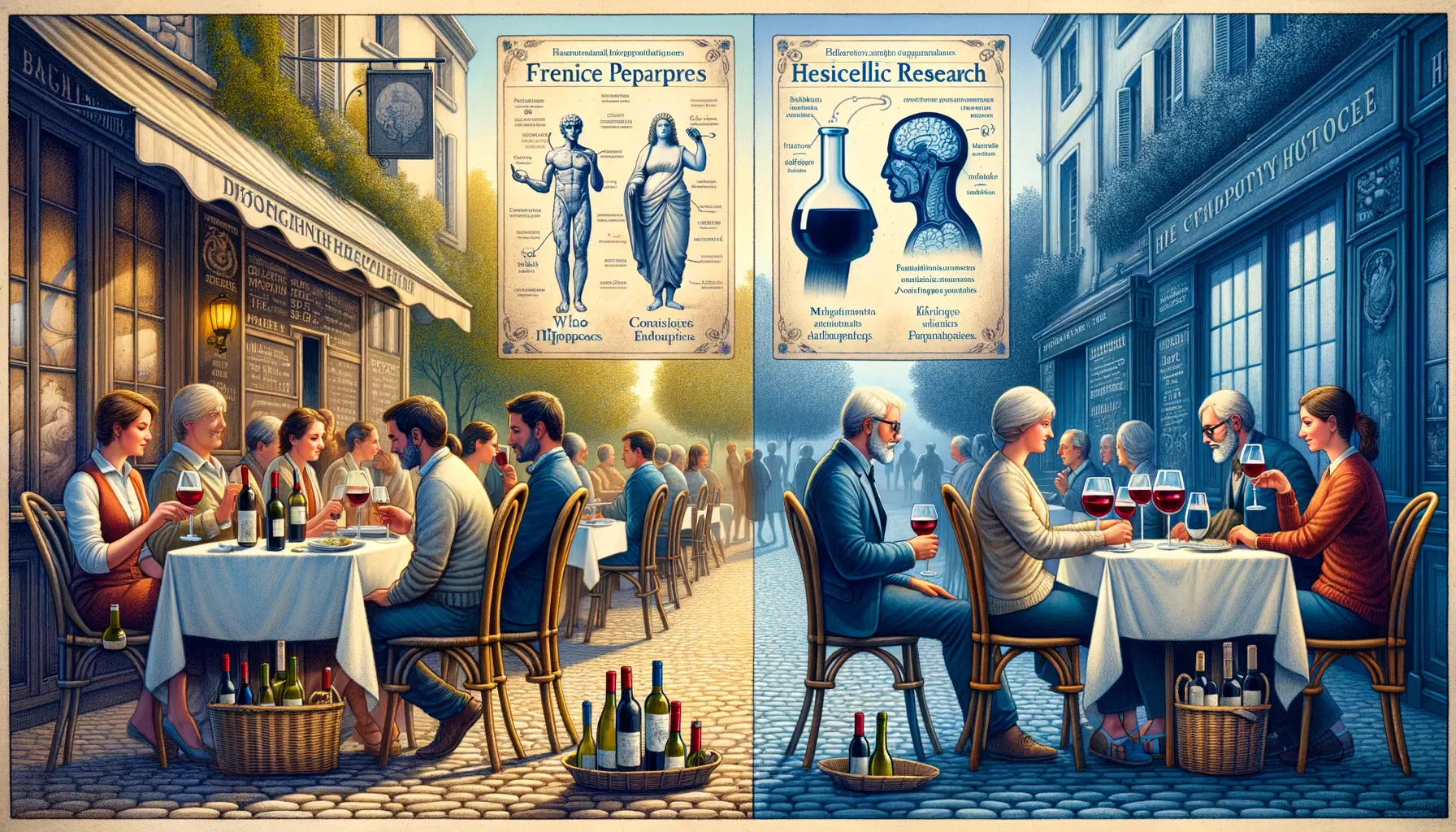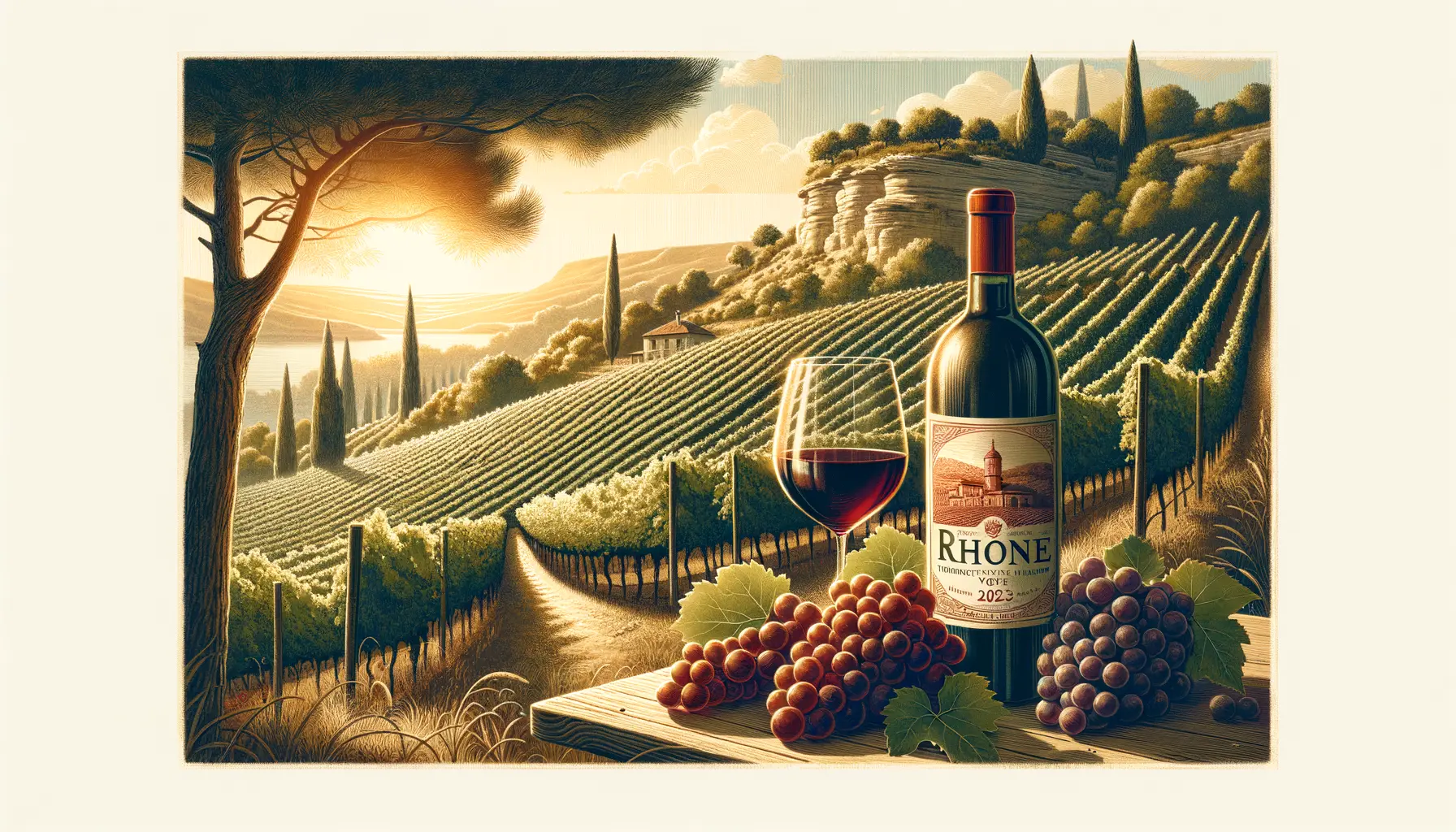
In 1991, journalist Morley Safer filmed a segment for a popular news show at a bistro in Lyon, France, with a glass of wine in hand. The so-called “French Paradox” posed intriguing questions: If the French have been consuming fatty foods and wine for generations, why aren't they experiencing higher levels of heart disease? Should others adopt a similar diet for better health? Decades later, these questions remain relevant as the relationship between wine and wellness continues to be a topic of debate.
Historical Perspective on Wine and Wellness
Wine and health have been interconnected for centuries. Medical figures like Hippocrates prescribed wine as a wound dressing and a diuretic. In ancient China, Hua To used wine to induce narcosis before surgeries. These historical anecdotes underline the long-standing belief in wine's medicinal properties.
Modern Research: Conflicting Views
With the advent of modern science, studies have often linked moderate wine consumption to various health benefits. Research has suggested that red wine might aid in longevity, lower the risk of heart disease, and even assist in dementia treatment. For example, a study from 2000 indicated that moderate drinkers had significant reductions in mortality risks compared to those who abstain.
However, more recent research offers a contrasting perspective. The World Health Organization (WHO) declared that no amount of alcohol is entirely safe. Alcohol consumption has been linked to various health risks, including being carcinogenic and neurotoxic. The WHO's stance has sparked significant debate and highlights the complexity of the issue.
Blue Zones and Healthy Habits
Longevity researcher Dan Buettner's concept of “Blue Zones” — areas where people live notably long lives, like Sardinia and Okinawa — incorporates moderate wine consumption into the lifestyle of these regions. Residents of these zones also follow healthy habits such as exercising regularly, eating a balanced diet, and maintaining strong social connections. This balanced lifestyle might contribute to their longer lifespans rather than wine alone.
Industry Influence and Public Perception
The wine industry has a vested interest in promoting the notion that wine is beneficial. However, this notion is under scrutiny. Public health experts believe the alcohol industry's pushback against health warnings, such as cancer risk labels, might mislead consumers. A study from the National Cancer Institute showed that only 10% of wine drinkers were aware of the cancer risk associated with alcohol, highlighting a gap in public knowledge.
Making an Informed Choice
Ultimately, whether to drink wine is a nuanced decision. Factors such as genetic predisposition to certain health conditions, lifestyle habits, and individual health status should be considered. For those who enjoy wine in moderation and lead a healthy lifestyle, the occasional glass might not pose significant risks. However, it's essential to stay informed and make choices based on comprehensive information.
For those who appreciate the cultural aspects of wine and its role in social settings, the experience can be an enriching part of life. Wine is more than just alcohol; it connects people through shared experiences and traditions.
Discover More About Wine with Quincy
Experience the finest wines with assured provenance and storage by joining Quincy’s community. Explore a curated selection of wines and enjoy the benefits of secure wine investment. Join today at Quincy.
In conclusion, the relationship between wine and health is complex and multifaceted. While moderate consumption might be part of a balanced lifestyle, it's crucial to stay informed about potential risks and benefits. Enjoy wine responsibly and make educated decisions for overall well-being.





